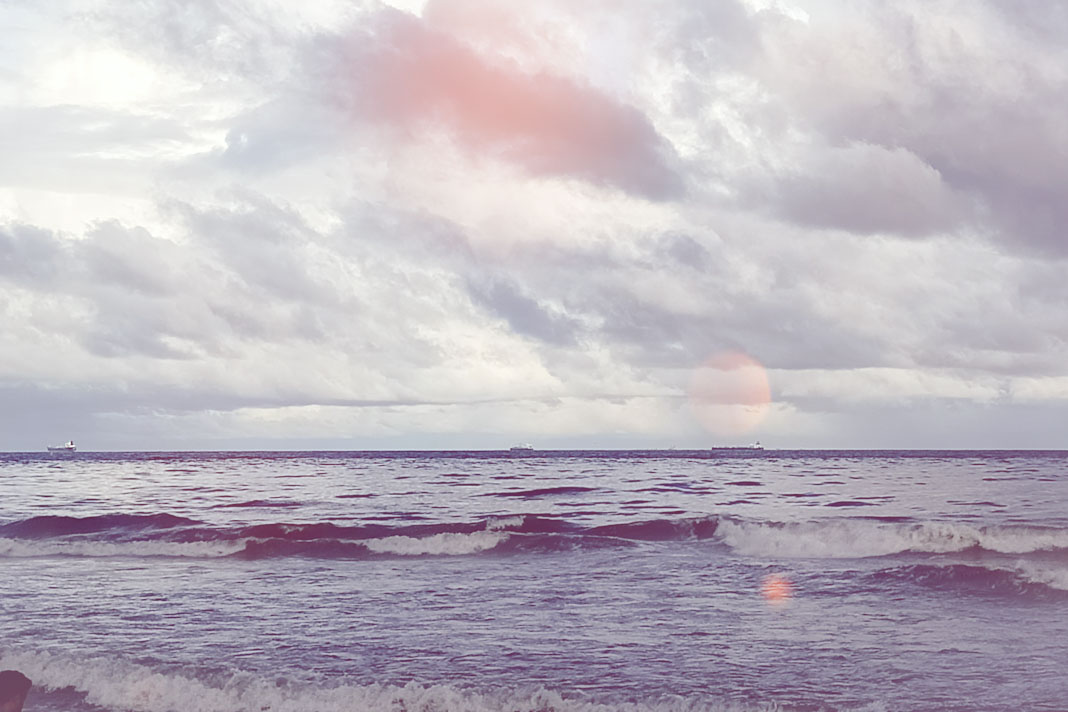In response to recent developments by the International Maritime Organization (IMO), DNV has issued critical updates regarding ballast water management practices for ships facing challenging water quality conditions. At the IMO MEPC’s 81st meeting in March 2024, Resolution MEPC.387(81) and Circular BWM.2/Circ.82 were adopted to provide interim guidance and procedures.
Resolution MEPC.387(81) addresses ships operating in challenging water quality (CWQ) conditions, where ambient water quality issues such as high total suspended solids or turbidity affect ballast water management systems (BWMS). This guidance aims to ensure compliance with the BWM Convention’s D-2 discharge standard despite operational limitations or system difficulties caused by CWQ. It emphasizes that BWMS operational issues due to factors unrelated to CWQ should be handled separately under existing contingency measures.
Ships are required to include procedures for managing CWQ conditions in their Ballast Water Management Plans (BWMPs), tailored to their specific BWMS and operational patterns. The priority is to avoid bypassing the BWMS; if unavoidable, only minimal ballast water necessary for safety and operations should be bypassed. Following any bypass, affected tanks must undergo decontamination to restore compliance with the D-2 standard.
Circular BWM.2/Circ.82 provides guidance on temporarily storing treated sewage (TS) and/or grey water (GW) in ballast water tanks, outlining procedures for changeover between ballast water and TS/GW storage. Discharge must comply with the BWM Convention and MARPOL Annex IV, considering local discharge requirements.
DNV recommends amending BWMPs to incorporate these new guidelines. While no flag administration currently mandates these amendments for existing ships, compliance with Resolution MEPC.387(81) and Circular BWM.2/Circ.82 is expected to be required in future circulars. New buildings should integrate these guidelines into their initial BWMPs.
For amendments, ship owners/managers may seek voluntary approval from DNV if the flag administration approves. However, statutory approval of non-mandatory documents is generally not required unless explicitly mandated.
DNV’s updates provide a comprehensive framework for enhancing ballast water management practices in response to evolving regulatory standards and operational challenges in maritime environments.


















